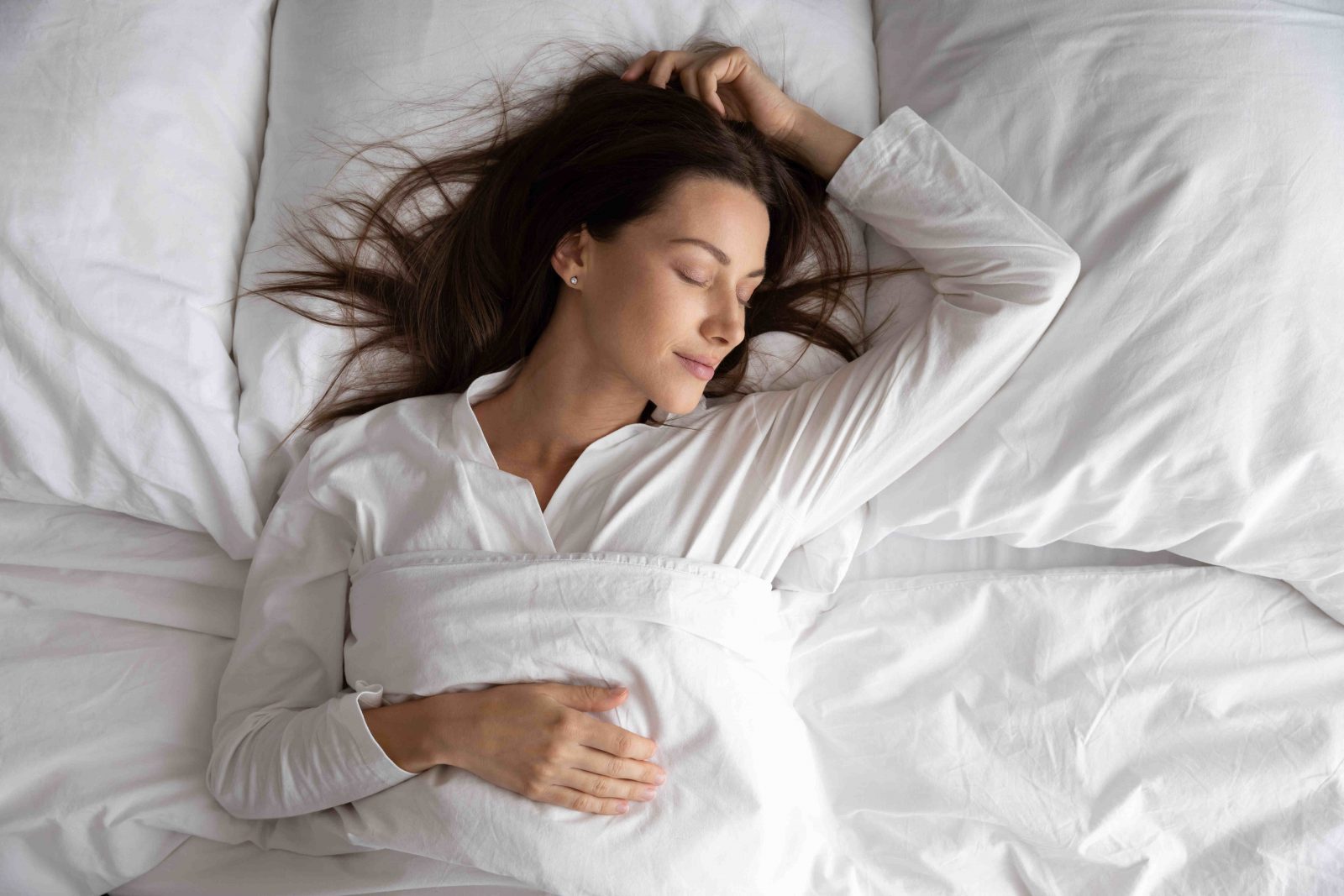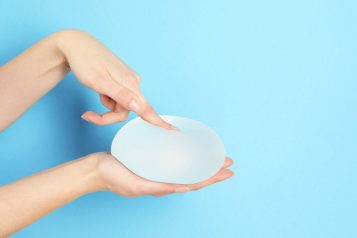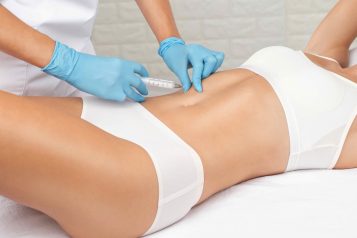Dr. Nianda Reid is a board-certified dermatologist, who specializes in medical and cosmetic dermatology, including the use of cosmetic injectables and laser dermatology. Dr. Reid graduated from the University of Rochester School of Medicine and Dentistry and obtained a dual degree M.D./M.B.A in Health Care Management from the University of Rochester Simon School of Business. She then completed her Dermatology training at Brown University in Providence, Rhode Island where she served as Chief Resident in her final year. Her extensive background and training have given her a wealth of experience in treating various dermatologic conditions.
 Photo Credit: Shutterstock
Photo Credit: Shutterstock
There’s a reason why one needs their “beauty sleep,” and it is more than just reenergizing for the next day. In fact, our skin relies heavily on our night’s sleep. Here Haute Beauty expert Dr. Nianda Reid outlines all the ways sleep can impact your skin’s health.
What is the average amount of time one should sleep?
The amount of sleep you need depends on age. According to the American Sleep Association, on average an adult should aim for 7 or more hours of sleep per night.
List the benefits of sleep.
There are many benefits of getting a great night’s sleep. Here are a few:
- Improved concentration and the ability to focus
- Maintaining body weight
- Stabilizing cardiac health and body metabolism
- Cultivating a good mood
- Supporting a healthy immune system
 Photo Credit: Shutterstock
Photo Credit: Shutterstock
Does skin repair overnight? What is the peak time for skin cell renewal?
Throughout our day we encounter several environmental factors, focus on a diet and nutrition and take the occasional over-the-counter or prescribed medication. Although all of these activities are in essence a normal part of one’s day-to-day, they do in fact play a role in your skin’s health.
Our bodies rely heavily on our sleep time at night to recover from all those factors, specifically DNA damage from exposure to pollution and free radicals. There are many hormones released when we sleep, from melatonin and growth factor to more – helping cellular regeneration. When growth hormones are released during hours of sleep, collagen is built, which plays a role in wound healing. Studies have shown that DNA repair activity is at peak turnover during the hours of 11 pm to 4 am.
How does sleep quality affect your skin? How does the lack of sleep affect your skin?
Just like sleep gives our bodies time to heal and repair, sleep also gives our skin time to heal and repair. The skin works efficiently when it’s given the opportunity to perform properly. When one factors in environmental harm and sleep deprivation to their overall skin’s health, that’s when it all makes sense. The dryness, breakouts, wrinkles, you name it.
Dryness is a direct result of transepidermal water loss (TEWL). TEWL is the amount of water that evaporates into our skin and when this is disrupted, it results in unhappy skin. Puffiness, darker undereye circles and more lines and wrinkles are due to the lack of hydration.
For more information, visit Dr. Brian A. Levine's social media:

























